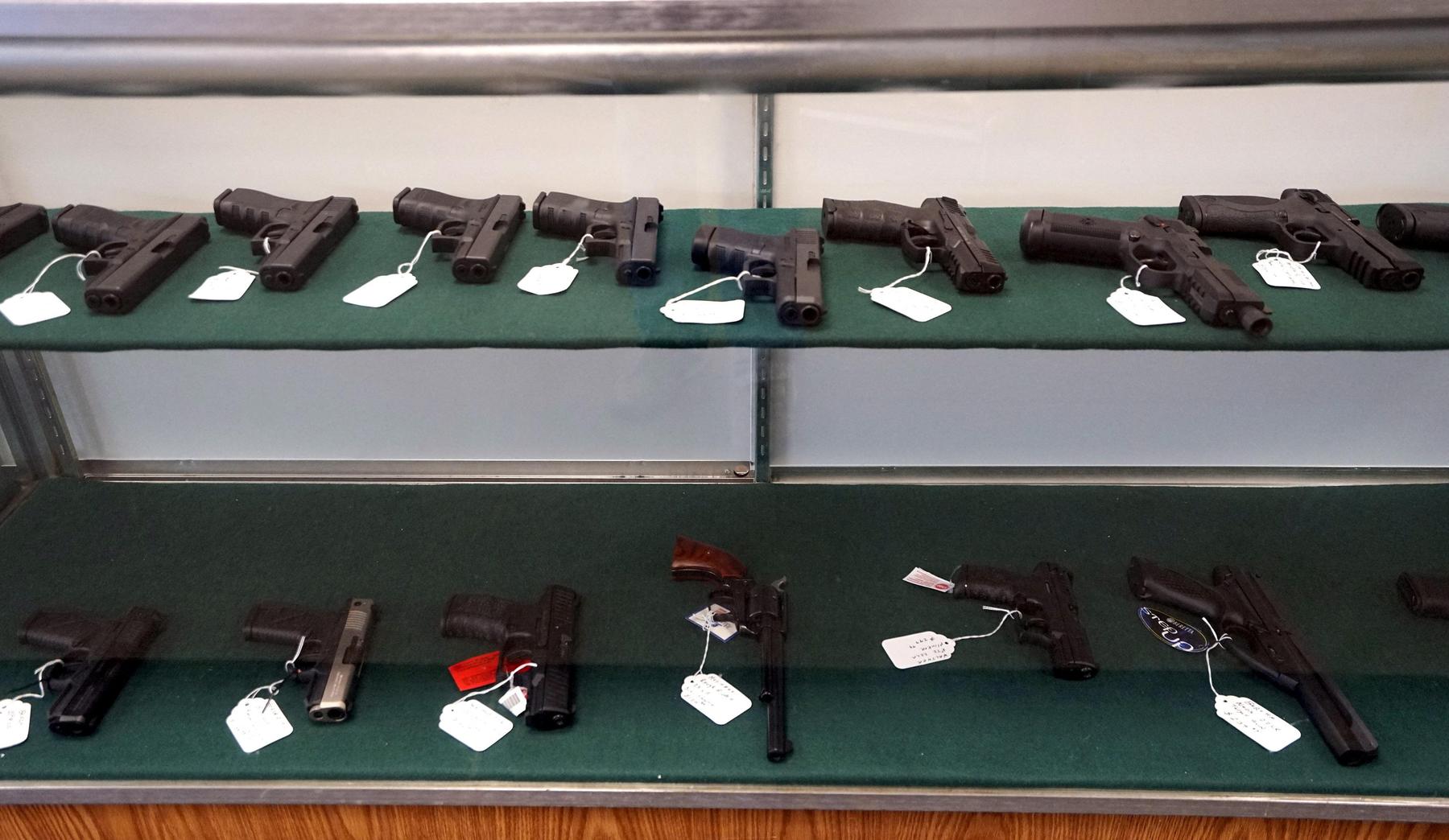Hormuz, the Strait where a third of the world oil passes: the risks of a block of the strategic joint of the Persian Gulf

For each « lanes » door of no more than three kilometers: they are the three thousand more vital and more fragile meters of the world economy, where 30% of world oil passes
The Strait of Hormuz measures thirty -three kilometers in its narrower point between the Arab peninsula to the south and Iran in the north. The lanes for the entrance and exit ships in the two directions are three kilometers wide each: i Three thousand meters more vital and more fragile of the world economyin the Persian Gulf.
Sunday at 6pm, while The missiles and drones flew on Iran, Half a thousand among petroliers, door holder and other ships were between Bassora at the confluence of tigers and Euphrates in Iraq – near the mouth in the Gulf – and the Oman coast on the other side of the Strait. More than a fifth of the world oil offer pass from that arm (from Saudi Arabia, United Arab Emirates, Kuwait, Qatar, Iraq, Iran) and over one tenth of the gas offer (frozen on ships largely by Qatar, Saudi Arabia and Iran).
Energy prices
They are oil tankers almost two thirds of the ships that cross Hormuz: even just the suspicion that Iran can try to hinder them, for retaliation after the attacks of Israel, would detonate the energy prices all over the world. Europe, already under the threat of American duties and the war of Russia, would awaken in a grip between inflation and stagnation.
Financial markets are often wrong but – for now – they do not seem to believe in the worst scenario. Yesterday in the square of Dubai the Brent rose less than 1% and is still about at the levels in which it was on 2 April last, the « Liberation Day » in which Donald Trump announced his « mutual » duties; The barrel is almost 9% under the levels of the inauguration of the American president and 5.5% under the levels of a year ago.
« The oil market has an excess of offer, it is very liquid»Note Simone Tagliapietra of the Bruegel Study Center. Just Saudi Arabia, capable alone to fully compensate for a possible disappearance of the Iranian production, in May and June he had guided an increase in the offer of crude oil by all Opec; Many ask themselves if Riad already expected Israel’s attack, or simply wanted to get gainhed Trump. But adds Tagliapietra: «The painting can change quickly if you get to the total destabilization of Hormuz».
The Houthi crisis
The precedents are not lacking. Firstly, the Houthi of Yemen, supported by Tehran, have shown that they can keep the Bab El-Mandeb Strait Semiusus. From the Indian Ocean to Suez despite more than a year of western pressure. The same administration Trump bombed the Houthi For seven weeks until early May, yet in the first week of June, just thirty ships instead of the eighty on average before the blockade (the Houthi ask for a « duty » to the merchants in order not to open the fire from Yemenite promontories) passed from Bab El-Mandeb. Even Hormuz has already experienced many repercussions. A little over a year ago Iran seized the Msc Aries mercantile of the group of Gianluigi Aponte, in part because the entrepreneur’s wife is Israeli. Before even during the Iran-Iraq (1980-1988) war and During the two wars of the Gulf (1991 and 2003) the Strait had recorded moments of strong destabilization.
The vulnerability of gas supplies
Moreover, Israel could also blow up the fragile balances of the market if it targeted the Iranian infrastructures of energy. Sunday hit a refinement overlooking South Pars, the largest gas field in the world (in co -ownership between Tehran to the north and Qatar south of the Gulf). That was a plant for internal use of Iran, not for exports and there should be no too many jolts on prices. The gas market, however, remains more vulnerable to this war than that of oil: today the methane on offer is scarce than crude oil and above all Qatar is essential for the accumulation of reserves in Europe in view of next winter (in fact Friday the European gas is raised beyond world averages). Against the worst scenarios on Hormuz, however, the two big backers of Israel and Iran are lined up. The United States does not want Israel to hit Tehran’s hydrocarbons industry. And China, buying (undergoing) 90% of the Iranian ray export under sanctions, asks Shiite theocracy to let the Gulf oil tankers flow that feed its industry. As a winner of this war, it looms so paradoxically, at least immediately, Russia: can sell your oil a little more expensive; Its supplies become more important in the global market; And Trump will be even more contrary to any new sanction on Moscow crude oil that allows the Kremlin to continue to attack Ukraine.









